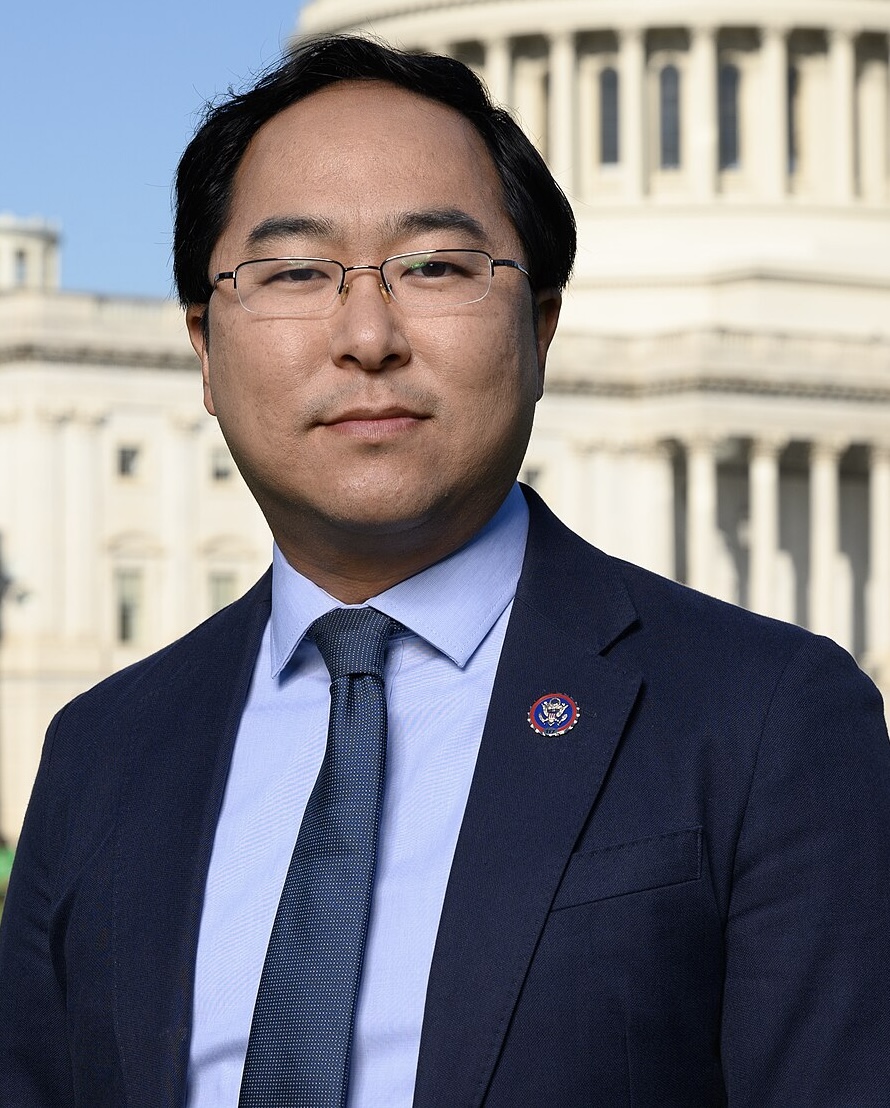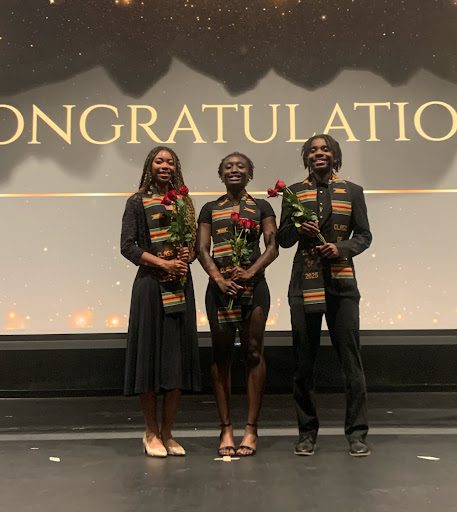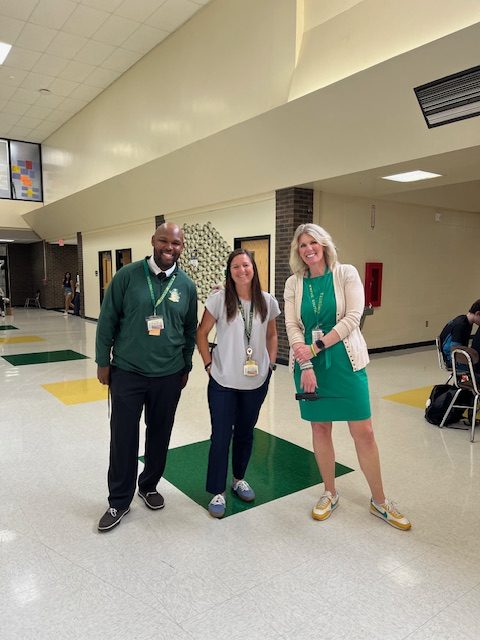His favorite movie is “Star Wars,” favorite food is Korean barbecue, and in his free time he loves to play the piano. These are some fun facts about Andy Kim, a native from South Jersey and the son of Korean immigrants. His most recent fun fact? He has become New Jersey’s first Asian American senator and the United States’ first Korean American senator. Kim’s recent victory in the Nov. 5 general election signals something many New Jersey residents needed: hope.
According to Politico, he launched his campaign in November, 2023. His main goal was to restore trust following the resignation of incumbent senator Bob Menendez in August, 2023. Menendez served as senator since 2006, according to The New York Times.
This left the seat occupied by a temporary replacement, George Helmy, until Dec. 9 when Kim became the newly sworn senator from New Jersey.
Being Asian American was not central to Kim’s campaign platform. “When I first ran, it didn’t actually occur to me that there were no Korean Americans in Congress at the time or that New Jersey had never sent an Asian American to federal office,” said Kim.
Looking ahead, Kim said, “I want to get to a place where I’m no longer unique, that what I’m doing isn’t about breaking barriers, that I can just be seen as normal”.
Growing up, Kim was a typical teenager. According to the Biographical Directory of Congress, he attended Cherry Hill East High School in Cherry Hill Township, NJ. During his time there, Kim shared, he joined the Asian American Culture Society and he played music and sports. But he also described having issues with, as he described it , “self confidence” and a “sense of self esteem”.
“I struggled a lot with my identity,” he said. “There was a long part of my childhood where I really didn’t want to be seen as Asian American. When someone said I’m Korean American or Asian American, I sometimes would snap back at them and just say ‘I’m just American.’”
It was hard for Kim to feel American because he and his family were one of the few Asian Americans in a community that was 85% White. “I think what really helped me was I started to be able to travel,” said Kim.
Kim graduated from high school in 2000. According to the Biographical Directory of Congress, he went to Deep Springs College in California. In 2002, he transferred to the University of Chicago and graduated in 2004. In 2010 he attended Oxford University as a Rhodes Scholar.
Speaking about his experience abroad, he said, “What I did find interesting is that very few countries had the kind of population diversity that the United States has. It made me very proud to be from America. I like having the diversity. I like that this country is more of an idea, rather than a specific sense of blood heritage. Being an American is different.”
Kim returned home to New Jersey with a greater appreciation about what America could be — he treated the nation as a home, one that could be made more comfortable for his family.
“The America that I try to envision is the America that I want my seven-year-old and my nine-year-old to grow up in.” Kim said that the future he desires for his kids is the future his parents desired for him: a life with better opportunities.
The price he has to pay as a public servant for a better life is worth it. “I wouldn’t put my family through this kind of challenge if I didn’t think that it could potentially improve the lives of my kids.”
But he acknowledged that any optimism is sometimes challenged by the reality of American politics. “Too often, people in politics, in elected office, see themselves more as CEOs rather than public servants,” said Kim. He believed that this is the cause of more distrust and polarization in government nowadays.
But Kim acknowledged that the problem also comes from the American people’s neglect of their own power. “I believe that the opposite of democracy is apathy. If we give in to a sense of helplessness that things are too corrupt, we’re not going to be able to fix it,” he said.
Despite this, Kim offered some solutions that he and other politicians could take to reduce corruption in government. “First and foremost, we should be humble to be able to do these jobs. These jobs are bigger than all of us, and we should recognize that we don’t have all the answers.”
He also added, “Some of the things that I would encourage people to have is a deep sense of empathy, the capacity to be able to look at people and try to get a sense of what it’s like to walk in their shoes and see the world through their eyes.”
Kim hopes he inspires people to continue to share connection and compassion with one another. For the Asian Americans he has inspired, he finds the community’s progress encouraging.
He shared an anecdote of a young woman who said to him, ‘Because of you, my parents say I don’t have to be just a doctor or lawyer. I can also go into politics.”






